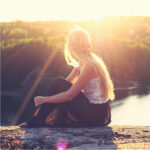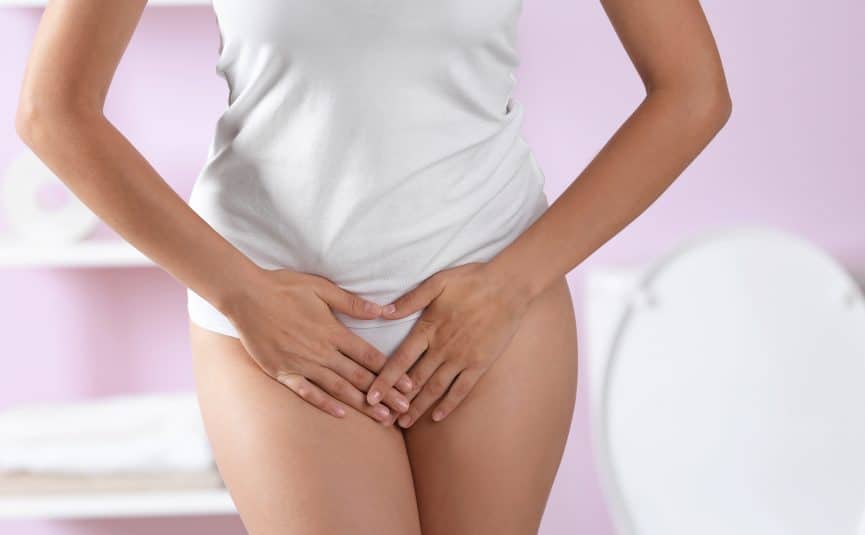East Melbourne VIC 3002

Dr Kliman has been a specialist Obstetrician and Gynaecologist for over 35 years so many women whom Dr Kliman has delivered children for are now entering the next phase of their lives called menopause.
Menopause is where the ovaries significantly reduce their production of natural oestrogen hormone. The controlling centre for ovarian hormone production is the part of the brain called the hypothalamus. This is the area of the brain that turns on during puberty and brings on the menstrual cycle. It does this by pulsing a hormone called GnRH but this process like all biological design has a limited life span.
The symptoms of oestrogen deficiency varies enormously from woman to woman as does the timing. The average age of the commencement of menopause in Australia is 52. Symptoms of oestrogen deficiency can include mood changes, poor concentration, hot flushes, vaginal dryness and discomfort with intercourse, poor libido and insomnia. Women can experience a variable number of these symptoms but it is estimated that more than 90% of all women will experience some of these symptoms.
The important question is whether or not these symptoms need to be treated or managed. Dr Kliman will ask all women who present at this time of life, “Are these symptoms interfering with your quality of life”.? If the answer is ‘yes’ then treatment needs to be considered.
Treatment essentially consists of menopausal hormone therapy (MHT). Modern MHT consists of oestrogen, preferably given by gel or patches with either natural oral progesterone or a progesterone releasing IUD. Vaginal dryness and discomfort with intercourse and/or urinary frequency can be treated by using oestrogen cream locally in the vagina even if a woman is reluctant to take systemic MHT. At the World Congress Meeting into Vulval and Vaginal Skin Diseases in September 2019, it was shown that women who use this local treatment have a lower incidence of prolapse and urinary incontinence. It is recommended that all women who have reached the menopause consider using this treatment indefinitely (local treatment).
Some years ago, a study by the World Health Organisation raised the issue of an increase in breast cancer in women using MHT, especially those who had been on MHT for more than five years. This created a great deal of panic and unnecessary suffering.
The facts are these: For every 10,000 women taking MHT there will be an increase of 7:10,000 in the number of cases of breast cancer. This form of breast cancer tends to be the less severe variety and when detected early can be treated and managed. If, however you look at the longevity of woman taking MHT vs a controlled population not taking MHT, those on treatment on average will live longer because of a decreased risk in heart disease, osteoporotic fractures and bowel cancer.
It is important to discuss the pros and cons of MHT on an individual basis with each woman but the key to this discussion should centre around quality of life issues. As women age, they have always deserved the right to enjoy life.
With over three decades of experience, Dr Len Kliman has treated tens of thousands of gynaecological patients and delivered over 20,000 babies.
He is a member of the Australian Menopause Society and the International Society for the Study of Vulval and Vaginal Skin Disorders (ISSVD) and the Australian and New Zealand Vulvovaginal Society (ANZVS).
In 2017, Dr Kliman was awarded an Order of Australia for his services to obstetrics and gynaecology.










